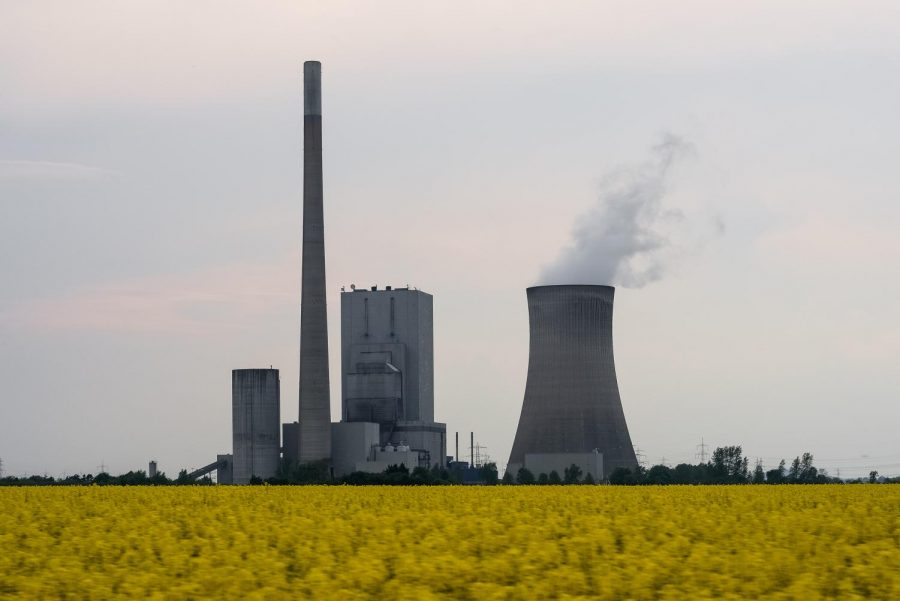To the Editor,
The Massachusetts Daily Collegian recently published a column by Matt Berg which intended to clarify some of the misunderstandings behind the Green New Deal Resolution. Though I appreciated Berg’s commentary, I believe that he deeply underestimated the meaning and potential of the resolution.
First, let’s start with what the Green New Deal is. The resolution demands that the United States reach five pressing goals: net zero emissions, economic security, investment in infrastructure and industry, a clean and sustainable environment and to reconcile injustices made against vulnerable communities.
I encourage everyone to read the resolution to get a better understanding of how these goals can be achieved, but here is the most important takeaway: The Green New Deal is not a mere “non-binding resolution…that…cannot progress into a law” as Berg states, but it is a broad outline of what will be a national economic plan for the United States. This point deserves serious attention. The Green New Deal is not only an opportunity to significantly cut greenhouse gas emissions, but it is also an opportunity to transform the country — and with cooperation, the world — into a prosperous, inclusive and sustainable one. Furthermore, it would be foolish to consider decarbonization as a task separate from other needs such as healthcare and education. After all, the communities that are most impacted by pollution and environmental damage tend to be poorer and have disproportionally more people of color.
This is exactly why the Green New Deal is absolutely necessary. If we want to address these various problems, we need to start critically thinking about how all these issues interconnect with each other. Thus, it’s no surprise that along with environmental sustainability and economic security, the resolution also proposes to guarantee affordable housing and healthcare.
Of course, the feasibility of implementing these measures is another important discussion. If we focus solely on cost, there is not much of an issue. Decarbonization would cost around $10 trillion in total. Over a period of 15 years, this would be under $700 billion per year, or about four percent of the annual GDP. The timeline could extend further to decrease the annual cost or could condense to increase the annual cost. Yet it is also important to consider that a renewable energy system would reduce energy use by half, generating substantial savings. Including the savings associated with less pollution and preventing worse effects of climate change, the United States can be expected to save $4.9 trillion annually!
Some of the other measures such as Medicare for All, which saves money compared to the current healthcare system, and the job guarantee, which directly generates economic activity, are fiscally possible and socially necessary as well.
The real difficulty here comes with the coordination of the country’s resources. That is why it was wise for the resolution to allow local communities to take a direct participatory role to help dictate the Green New Deal’s administration. Like South Korea’s economic development process, except far more democratic, the success of the Green New Deal can rest on the efforts of community members deciding what projects would best serve them, a national government that would inject a massive amount of public investment and innovation, as well as a private sector that would quite quickly take advantage of a more dynamic economy and a cleaner, healthier and more just society. This is the potential that the Green New Deal provides that is unrivaled by any other policy proposal of its kind.
Jon Blum
Class of 2021




















Tyler Durden • Mar 19, 2019 at 9:54 am
“it would be foolish to consider decarbonization as a task separate from other needs such as healthcare and education”.”You lost me there bud.